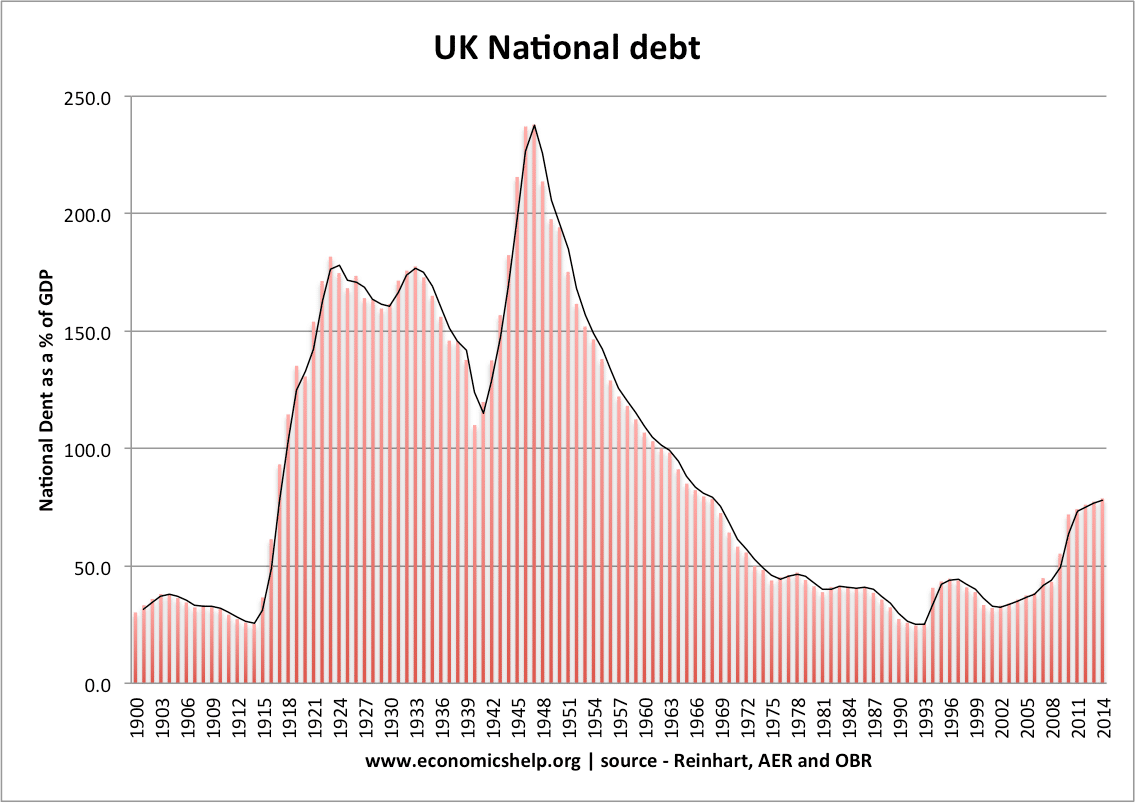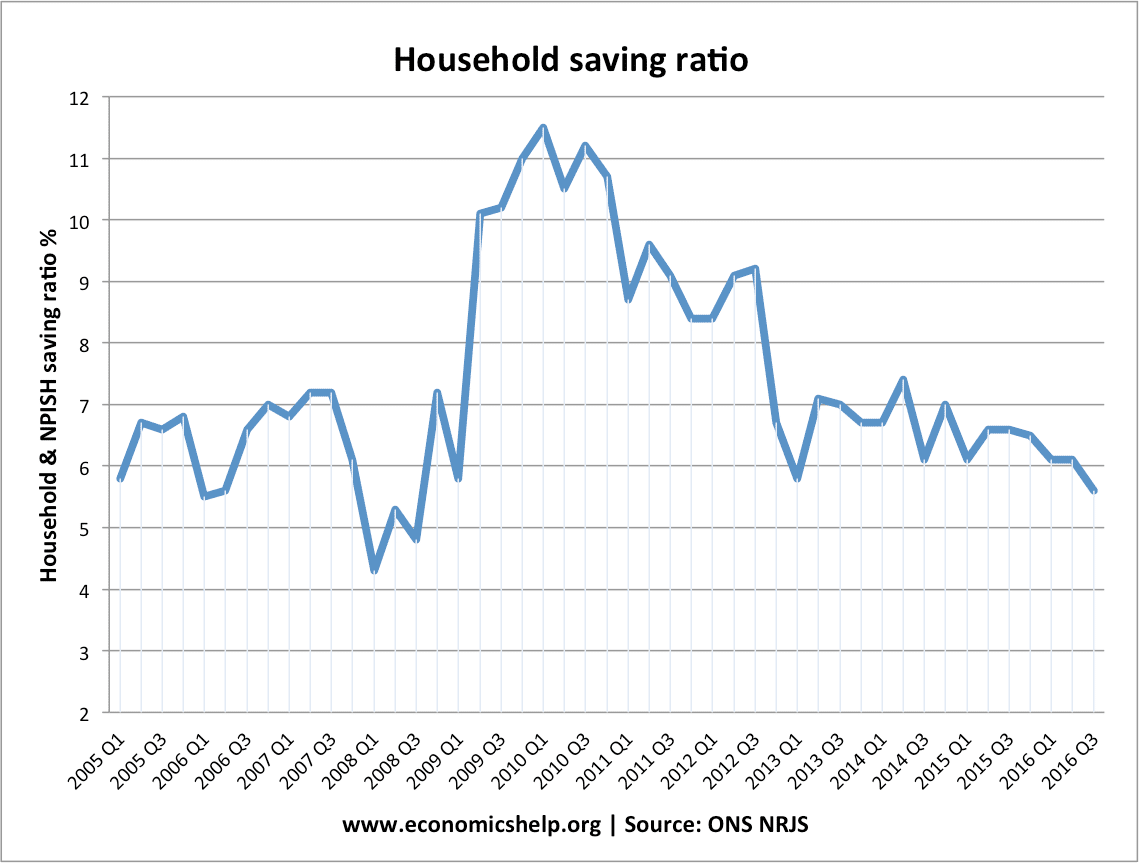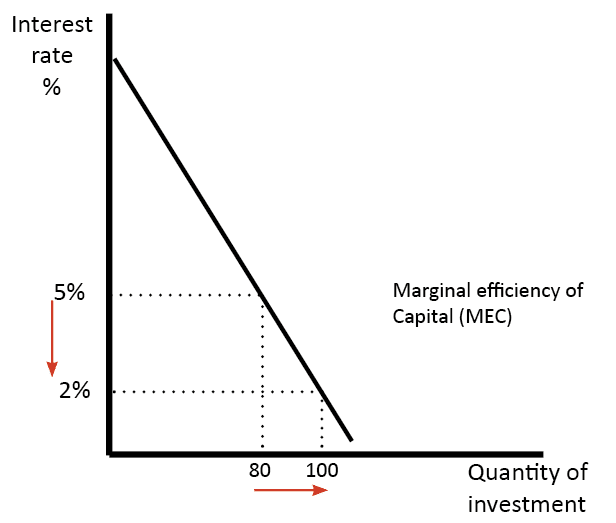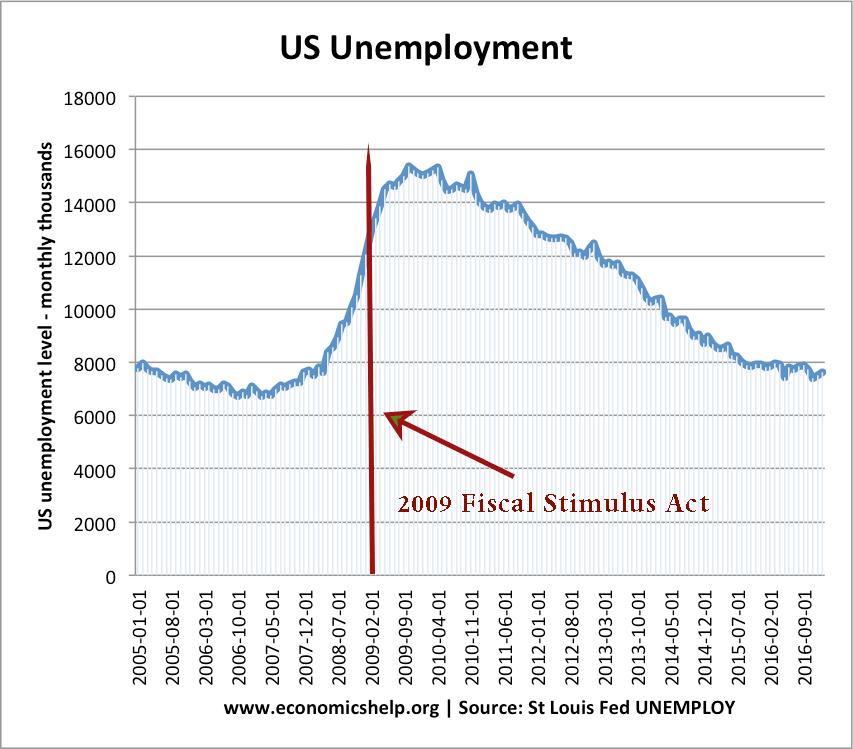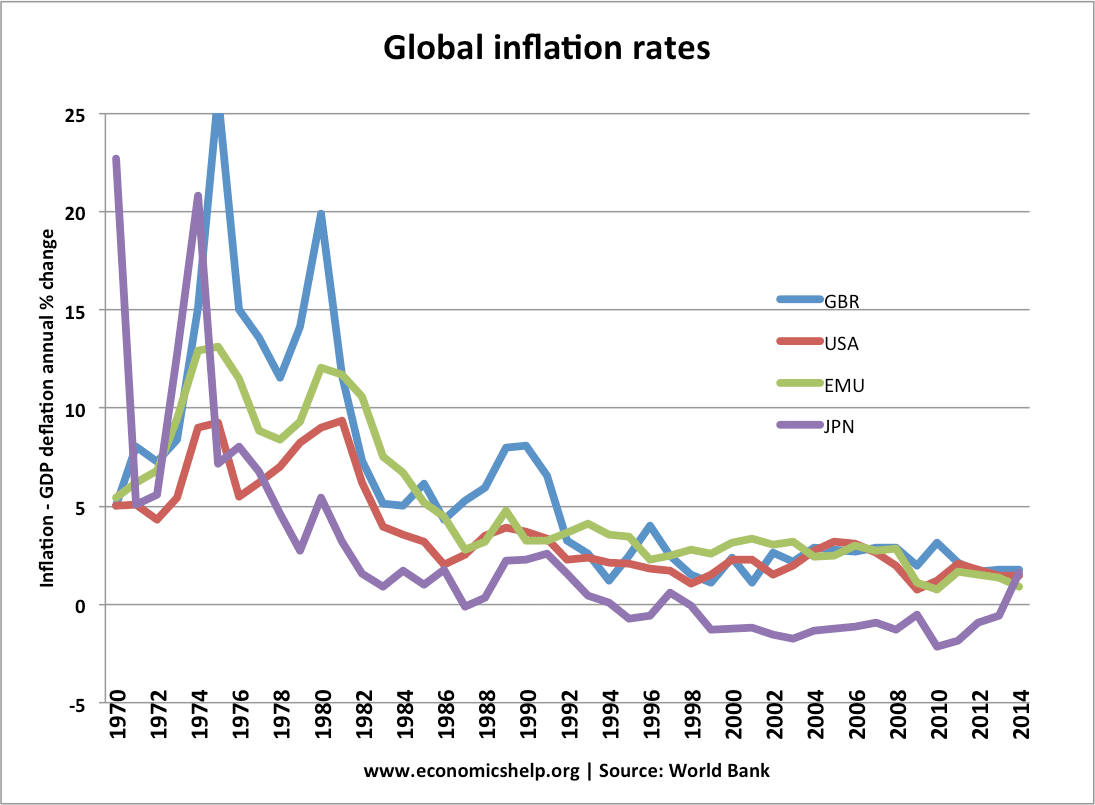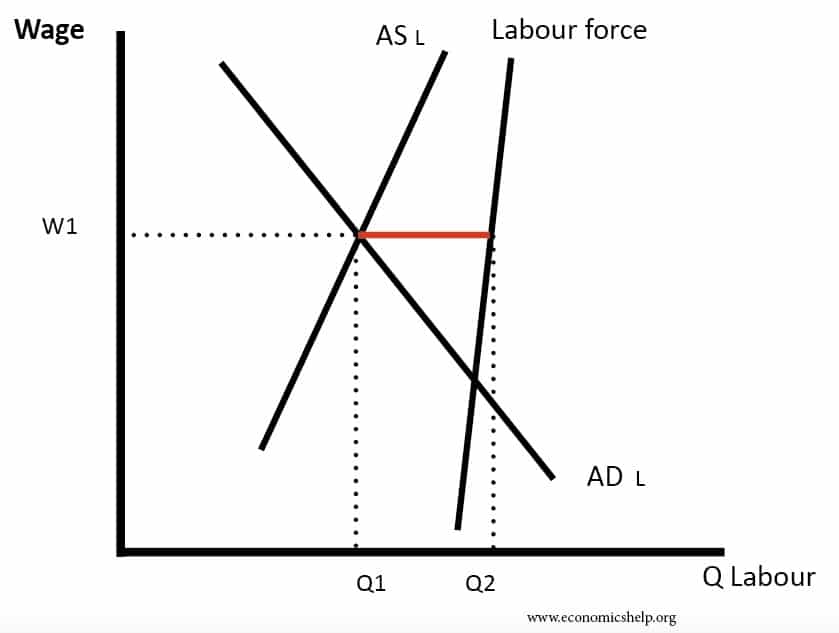Diminishing marginal utility of income and wealth
Diminishing marginal utility of income and wealth suggests that as income increases, individuals gain a correspondingly smaller increase in satisfaction and happiness. In layman’s terms – “more money may not make you happy” Alfred Marshall popularised concepts of diminishing marginal utility in his Principles of Economics (1890) “The additional benefit a person derives from a …

